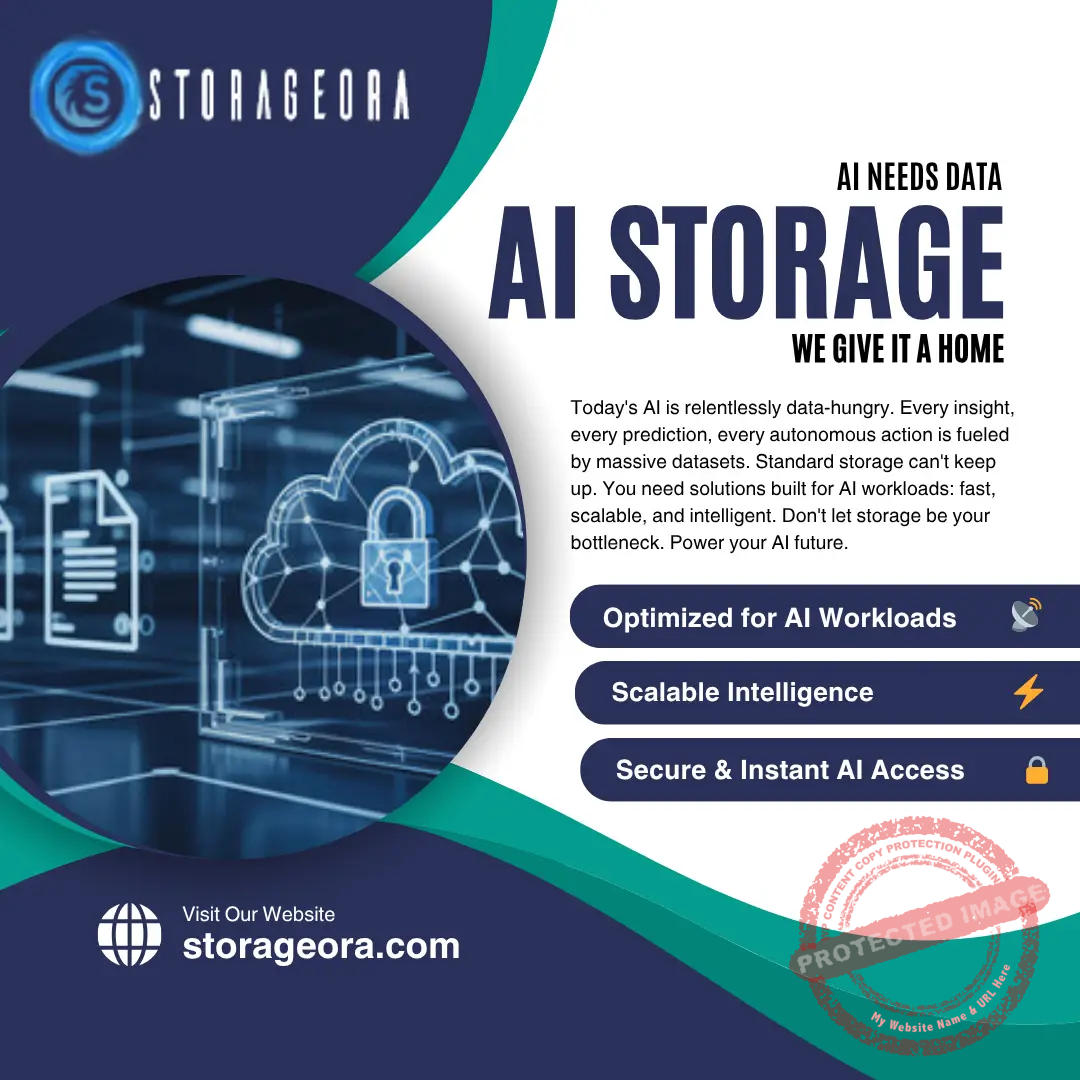August 2025 – Boston, MA
Agility started as a scrappy movement in software development—small teams, daily stand-ups, and sticky notes on whiteboards. Fast forward to 2025, and Enterprise Agile Planning (EAP) has taken that mindset and scaled it across entire organizations, from IT to marketing to product strategy. The goal? Move fast without tripping over your own shoelaces.
Why EAP Matters Now
Markets shift overnight. Customer expectations evolve weekly. Regulatory landscapes change quarterly. In this environment, speed alone isn’t enough—you need structured adaptability.
Gartner defines EAP tools as platforms that help enterprises align strategy with execution, enabling visibility across portfolios, programs, and teams (Gartner, 2025). They bridge the gap between high-level business goals and day-to-day agile execution.
Core Capabilities
-
Strategic Alignment: Link business objectives directly to epics, features, and tasks.
-
Portfolio & Program Management: Manage dependencies, budgets, and timelines across multiple teams.
-
Capacity Planning: Ensure teams aren’t overloaded and resources are allocated efficiently.
-
Analytics & Reporting: Measure velocity, predict delivery dates, and assess ROI.
-
Integration: Connect with DevOps, CRM, and ERP systems for end-to-end visibility.
Business Impact
-
Technology Firms: Align engineering sprints with product roadmaps to deliver features faster.
-
Financial Services: Coordinate compliance-driven projects across global teams without slowing innovation.
-
Manufacturing: Manage R&D initiatives with visibility from prototype to market launch.
A Forrester study found that companies adopting EAP platforms see 25% faster time-to-market and 18% higher project success rates (Forrester, 2025).
EAP vs. Basic Agile Tools
While tools like Jira and Trello are great for individual teams, EAP platforms such as Atlassian Jira Align, Digital.ai Agility, and Planview AgilePlace are designed for scale. They provide executive-level dashboards, portfolio roadmaps, and resource planning across hundreds of teams and thousands of projects.
Challenges in Adoption
-
Cultural Shift: Scaling agile requires leadership buy-in and mindset changes across departments.
-
Tool Overload: Integrating EAP into existing toolchains can create duplication if not managed well.
-
Metrics Misuse: Tracking velocity and burndown charts without context can lead to “speed over value.”
The Future of EAP
Expect AI to play a growing role—predicting delivery dates based on historical data, highlighting potential bottlenecks before they occur, and even suggesting resource reallocations in real time.
We’ll also see deeper integration with OKR (Objectives and Key Results) frameworks, tying daily tasks directly to measurable strategic outcomes.
Closing Thought
Enterprise Agile Planning is proof that agility can scale without devolving into chaos. It’s about turning the agility playbook into an enterprise strategy—one that keeps pace with market change while keeping teams aligned, focused, and productive.
References
-
Gartner. (2025). Market Guide for Enterprise Agile Planning Tools. Retrieved from https://www.gartner.com
-
Forrester. (2025). The Business Impact of Enterprise Agile Planning. Retrieved from https://www.forrester.com
-
Atlassian. (2025). Jira Align Overview. Retrieved from https://www.atlassian.com
Samantha Cohen – Co-Editor
Dallas, Texas
Peter Jonathan Wilcheck – Co-Editor
Miami, Florida
Jean Francois Gauthier – InfoSec News Contributor
Montreal, Quebec
Post Disclaimer
The information provided in our posts or blogs are for educational and informative purposes only. We do not guarantee the accuracy, completeness or suitability of the information. We do not provide financial or investment advice. Readers should always seek professional advice before making any financial or investment decisions based on the information provided in our content. We will not be held responsible for any losses, damages or consequences that may arise from relying on the information provided in our content.





 AMD
AMD TMC
TMC IE
IE MSI
MSI NOK
NOK DELL
DELL ECDH26.CME
ECDH26.CME